A recent article by Michael King and others (2008) examined the prevalence of substance abuse, anxiety, depression, and suicide attempts in lesbian, gay, and bisexual people. The news is not good.
King found that lesbian, gay, and bisexual (LGB) people are at elevated risk for experiencing anxiety and depression disorders, with risk rates that were about twice those for heterosexual populations. Sadly, gay men are at 3.5 times higher risk to have a suicide attempt at some time in their lives compared to their straight counterparts, and lesbians may have as high as 6 times the risk for developing alcohol dependence at some time in their lives compared with straight women. The risk for drug dependence is also higher for LGB people, with risk rates as high as 3 times higher than heterosexual populations, with lesbians and bisexual women showing slightly higher rates than gay and bisexual men.
Getting accurate data for these kinds of studies is very difficult. The authors of the above article dealt with the limitations of social science research by conducting what is called a meta-analysis. They began by conducting a review of all of the scientific literature published over the past 40 years to find every single study done related to LGB mental health. They found almost 500 articles, and then narrowed them down to the 28 that met the most stringent criterion for scientific excellence for these kinds of studies. This is the gold standard for getting an accurate understanding of what is going on in such a complicated topic as LGB mental health. Transgender people were not included in this meta-analysis, but individual studies point to similar trends among trans people.
It is very clear from the above data that LGB people are at much higher risk than their straight counterparts for developing alcohol/drug dependence or other mental health problems. It is less clear why this is the case. Why are gay men so much more likely to have a suicide attempt than straight men? What is the deal with lesbians and all of that drinking and drug use? Here we may pool our collective wisdom, because no study will be able to identify clear causes for complicated social behavior.
Are we seeing the cumulative effects of a lifetime of heterosexism? How is this heterosexism internalized, expressed, and managed? What are the long-term emotional, physical, and relational effects of this type of stress?
LGB people often begin to internally question assumptions about their heterosexuality during adolescence. This process of naming and questioning such a core aspect of personality can be very difficult—especially when it often carries a stigma. Plus, society is filled with heterosexist bias, and there are few healthy role models for many LGB youth. In addition, some LBG youth may also express gender roles that fit for them, but do not readily conform to the rigid rules for gender expression that is often part of adolescent social circles. The resulting emotional conflict can add to a very difficult developmental phase during a time when there are few internal resources for coping and peer groups are usually the primary source for support.
It seems that this turbulent time could significantly increase the risk for developing future mood regulation disorders such as anxiety and depression. For some it might also be the time when maladaptive coping strategies first get used. Self-harming behavior, drinking, and drug use can all be examples of coping strategies that help a person to feel better in the short term but lead to long-term negative consequences. In addition, coping styles that are developed in childhood and adolescence are often used into adulthood, are very hard to change, and are especially compelling during times of stress.
So what does all of this mean for us today? It is really clear that mood disorders, self-harm, and drug and alcohol dependence are very prevalent within our community. We need to start by recognizing these as serious problems and not dismissing them as the norm. Even if many in the community are drinking, using drugs, or engaging in self-harm, it does not mean that it’s okay. Even if “a lot” of people you know drink or use other drugs frequently, that does not mean that your or their level of use is safe or healthy. If you have ever tried unsuccessfully to cut down, you or others have been concerned about your level of use, or you’ve continued to use despite negative consequences, you might have a problem.
We also need to actively create healthy community spaces that do not focus on substances, promote positive social interactions, and model healthy ways to deal with strong emotions when they arise. We need to promote resilience within our youth. Build social structures that do not perpetuate the heterosexist bias. Change the laws that add to our stress. My hope is that some meta-analysis 10 years from now will not find any differences between LGBT and straight populations, but we have a lot of work to do to get there!

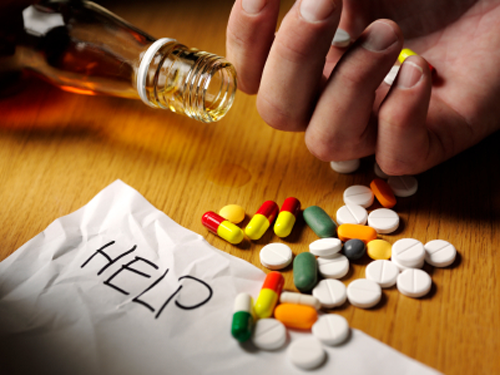


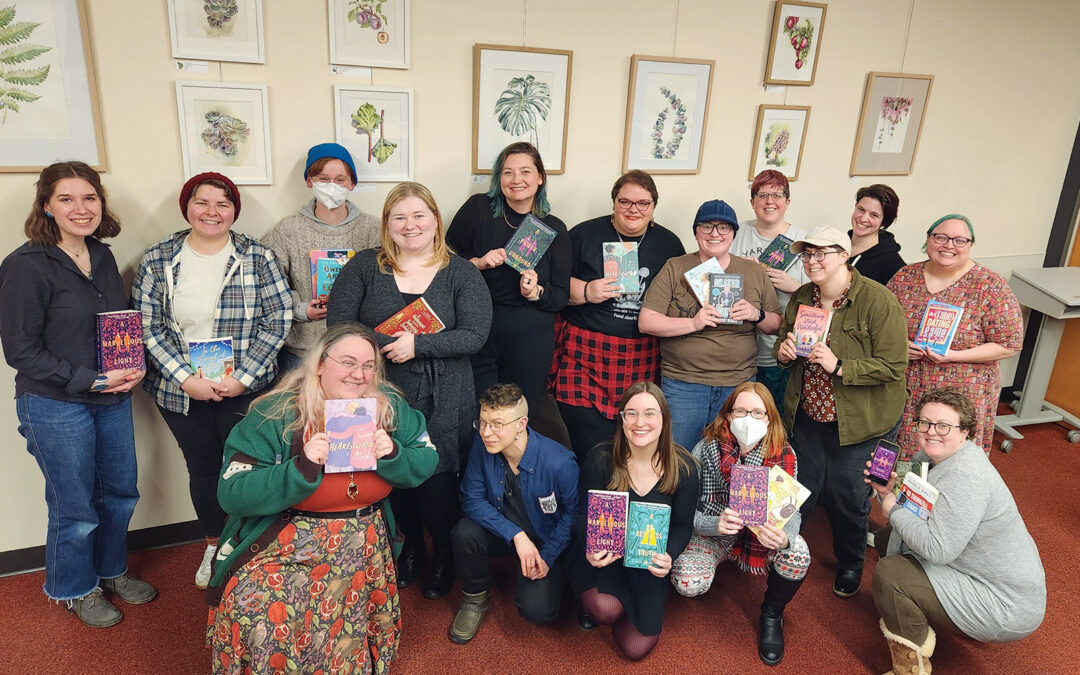
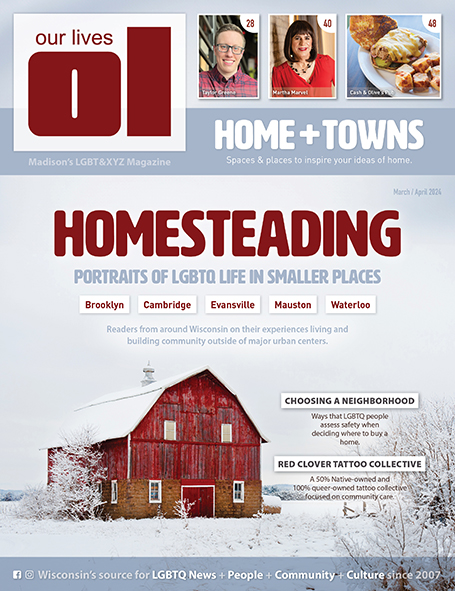
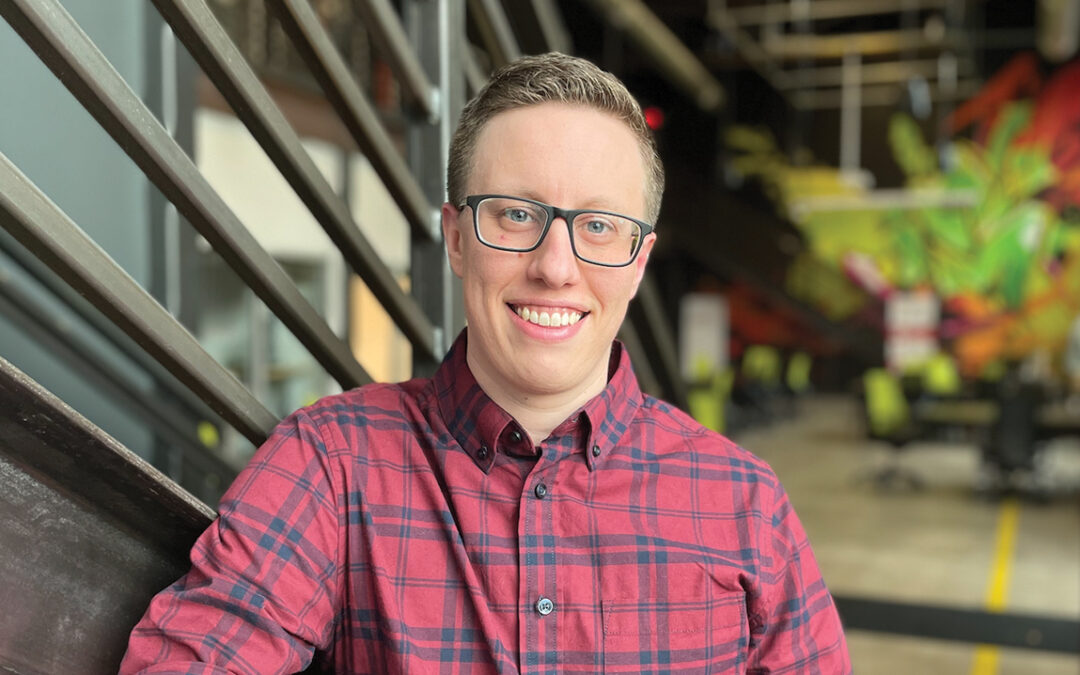
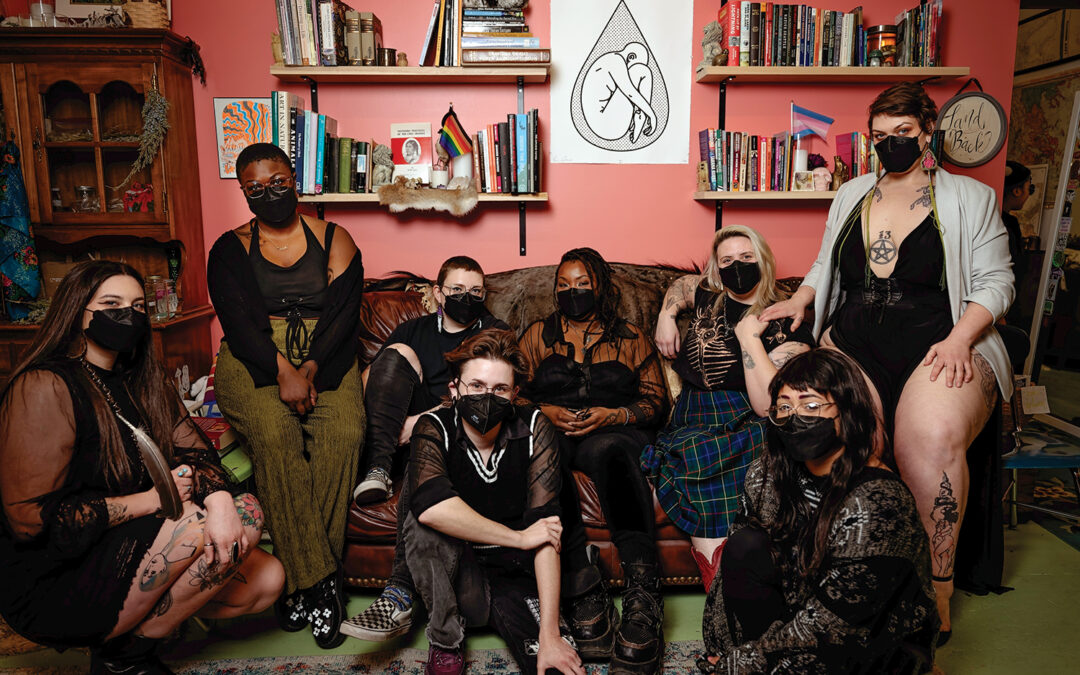
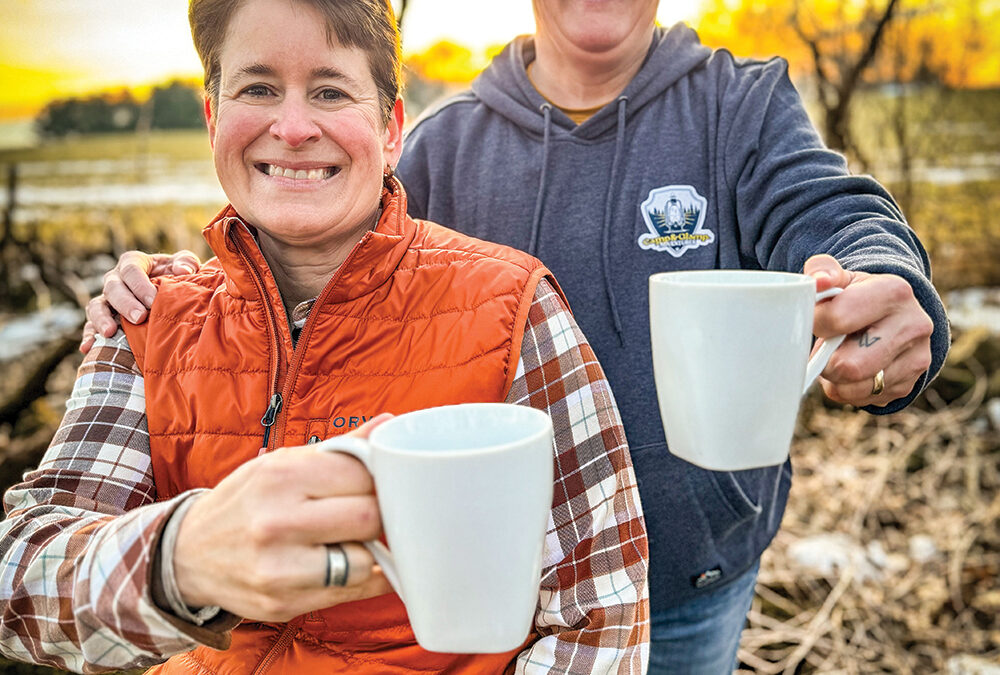
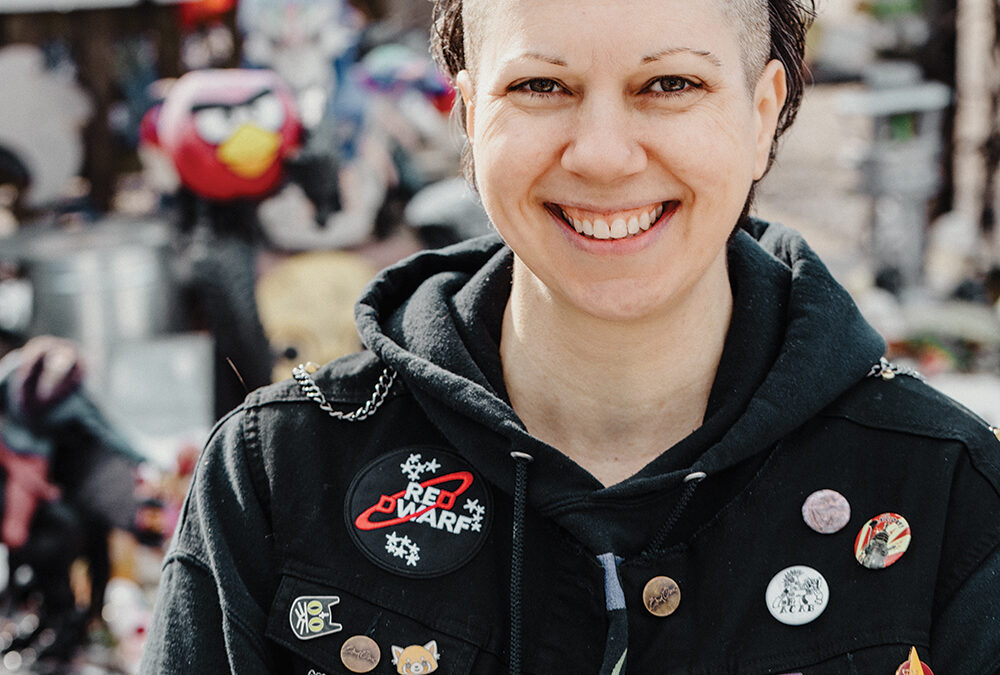
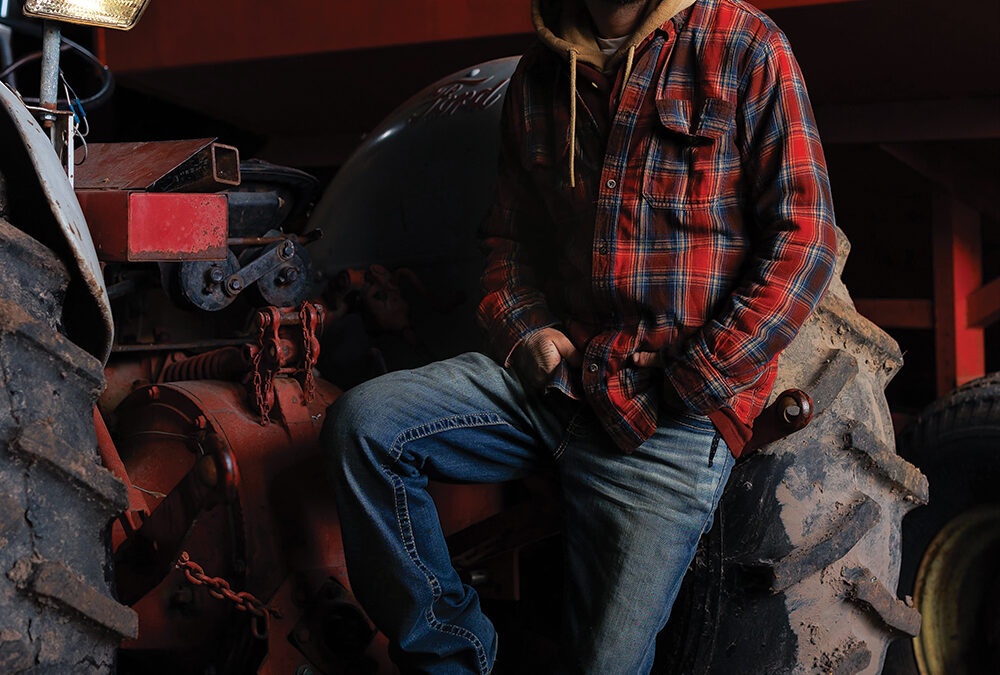
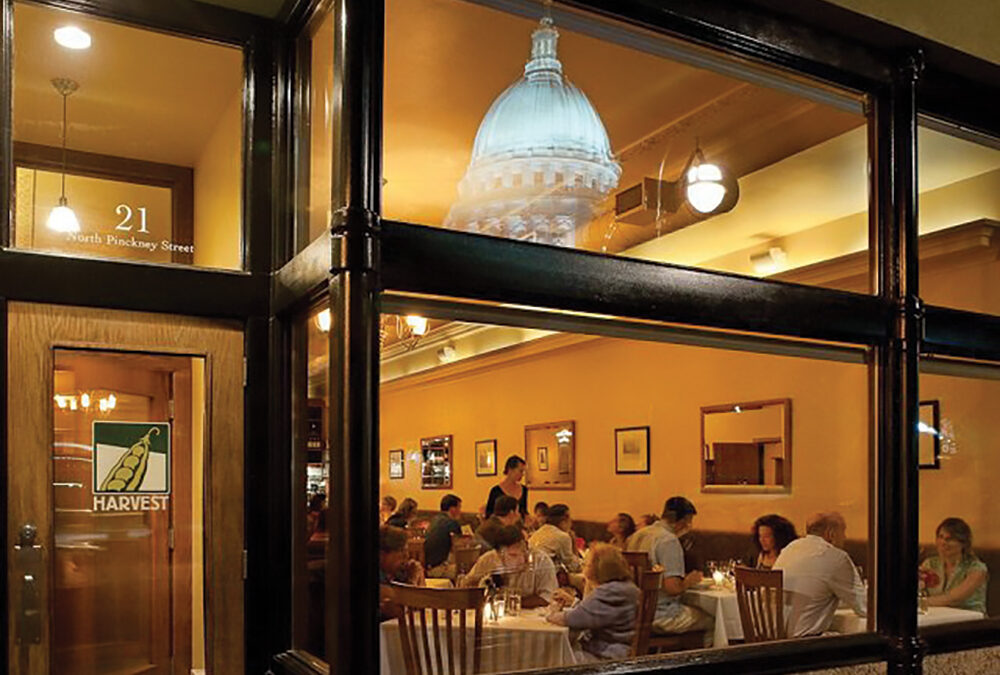
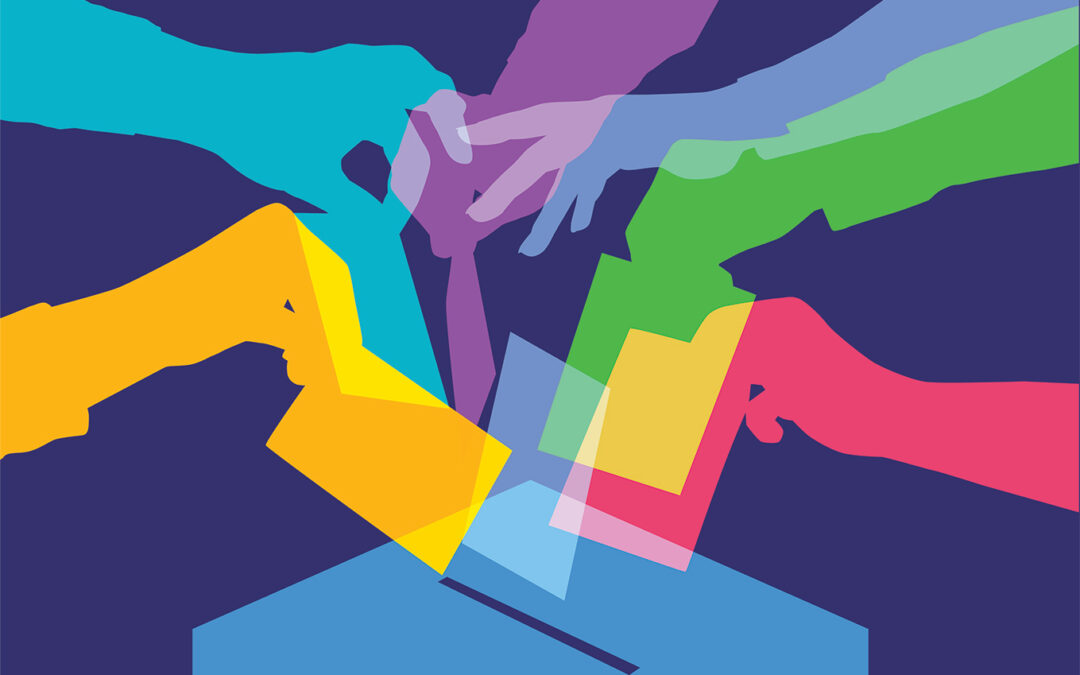











0 Comments